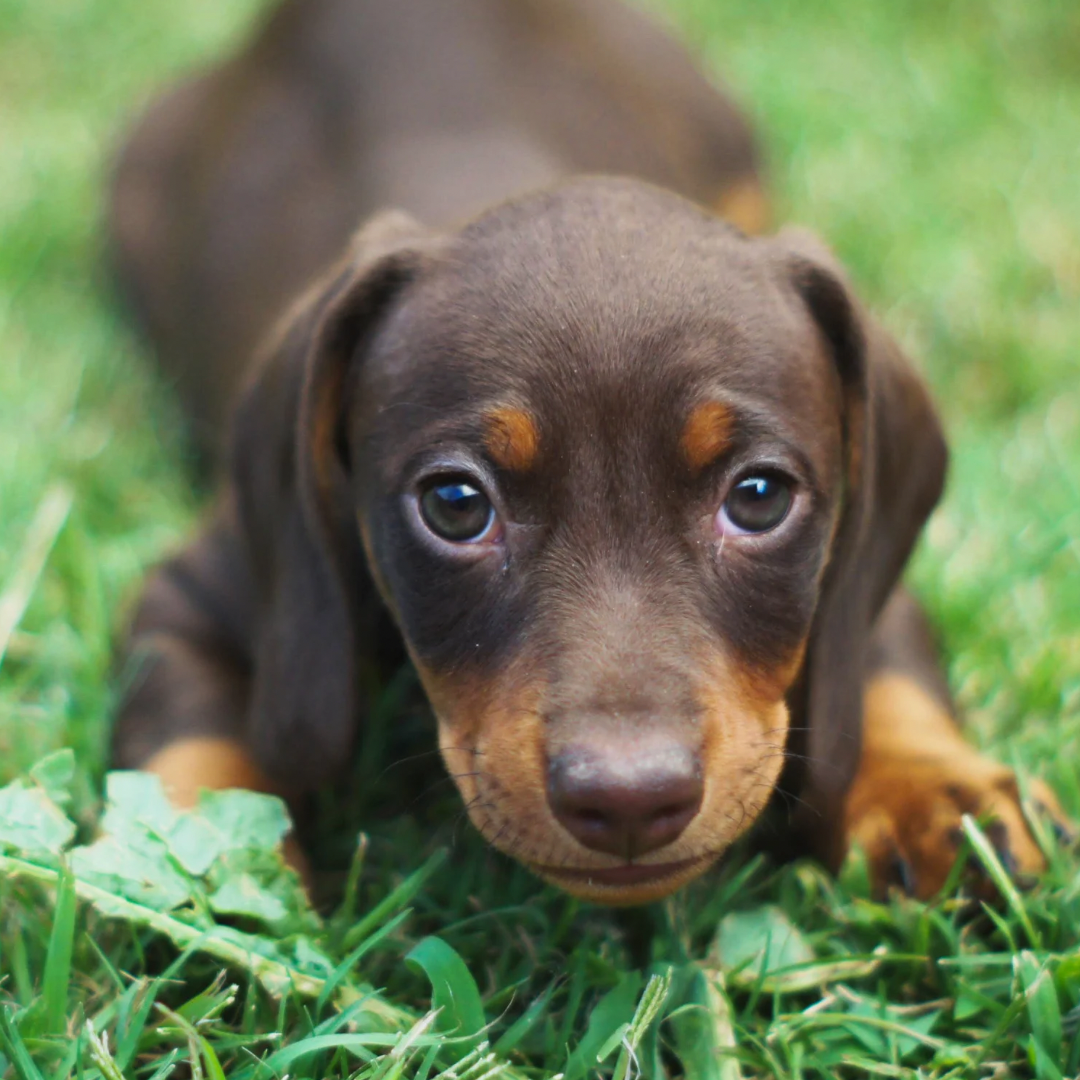Puppies bring boundless joy and energy into our lives, but their curious and developing minds need stimulation beyond daily walks and a few toys. Just like children, puppies benefit immensely from experiences that engage their senses, challenge their problem-solving skills, and encourage positive behavior. This type of mental and physical stimulation, known as "enrichment," lays the groundwork for a balanced, confident, and well-behaved dog. Here’s how to introduce enrichment early on to build a foundation that will benefit your puppy throughout their life.

Why Enrichment Matters for Puppies
Enrichment helps puppies develop important skills, reduce anxiety, and build resilience. Puppies should not be practicing agility to protect their joint health. If you're waiting for a puppy to grow up, now is a great time to work on foundation training. Engaging in varied activities boosts confidence and strengthens the bond between you and your pup. By exposing them to new sights, sounds, smells, and experiences in a safe and structured way, you’re setting the stage for a well-adjusted adult dog.
Types of Enrichment for Puppies
- Scent Work and Nose Games
- Puppies have an incredible sense of smell, and scent-based games can be a fantastic way to tap into their natural instincts.
- Try hiding treats around a room or using a snuffle mat to encourage your pup to sniff out their reward. This not only tires them out mentally but also builds confidence as they explore and succeed.
- Puzzle Toys and Interactive Feeders
- Puppies are little problem solvers, and puzzle toys provide them with a chance to exercise their brains while learning patience.
- Look for toys that allow puppies to "hunt" for treats or food. Simple treat-dispensing balls or more intricate puzzle feeders are great options, as they require focus and perseverance.
- Basic Obedience Training as Enrichment
- Short, fun training sessions are fantastic for teaching commands and building your puppy’s attention span.
- Commands like "sit," "stay," and "come" help them learn to follow instructions, while also giving them a mental workout. Keep sessions brief and reward heavily to make training enjoyable.
- Exploring New Environments
- Socializing your puppy is critical, and introducing them to various safe and low-stress environments early on is a great way to expose them to new things.
- Take your puppy on controlled outings to new places—such as a park or pet-friendly store—to build their confidence around new sounds, people, and settings.
*Ensure your puppy is fully vaccinated prior to exploring these public places.
- Soft Chew Toys for Teething Relief and Enrichment
- Chewing is a natural behavior that helps puppies relieve teething discomfort and provides mental stimulation.
- Look for age-appropriate, durable chew toys to satisfy their natural urge. Freeze them for added relief during teething.
- Gentle Exposure to Sounds
- Gradually introducing puppies to various sounds (traffic, vacuum cleaners, rain) helps them adapt and builds resilience to noises that might otherwise become anxiety triggers.
- Start with soft sounds and, over time, increase the volume slightly. Be sure to provide praise and treats to help them form positive associations with these sounds.
Tips for Puppy Enrichment
- Keep It Short and Sweet: Puppies have shorter attention spans, so aim for short bursts of enrichment activities throughout the day. Fifteen minutes of puzzle play, nose work, or training can be enough to tire them out.
- Use Positive Reinforcement: Always reward with treats, toys, or affection to build positive associations with new activities.
- Monitor Stress Levels: Every puppy is different, and some may be more sensitive to new experiences. Watch for signs of stress (yawning, lip-licking, hiding) and adjust the intensity or duration of activities accordingly.

Enrichment's Long-Term Benefits
Starting enrichment with puppies is about much more than keeping them occupied. These activities lay the groundwork for a lifetime of learning, problem-solving, and confidence. Dogs raised with plenty of enrichment often show better adaptability, lower stress levels, and fewer behavioral issues as adults. Plus, the quality time you spend together during enrichment activities strengthens your bond, building a relationship based on trust and respect.
Enrichment for puppies is an investment in their future. By engaging their senses, teaching them new skills, and offering them opportunities to explore, you’re giving them the best start in life. Try introducing these activities gradually, and watch as your puppy grows into a happy, well-rounded companion ready to face the world with confidence. Happy enriching!

